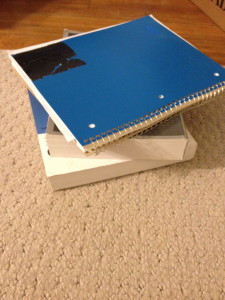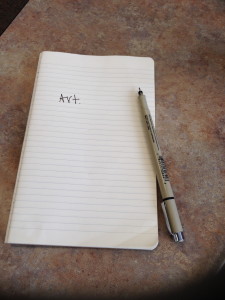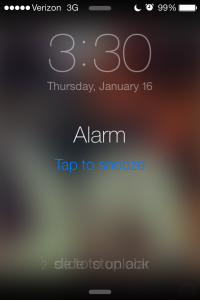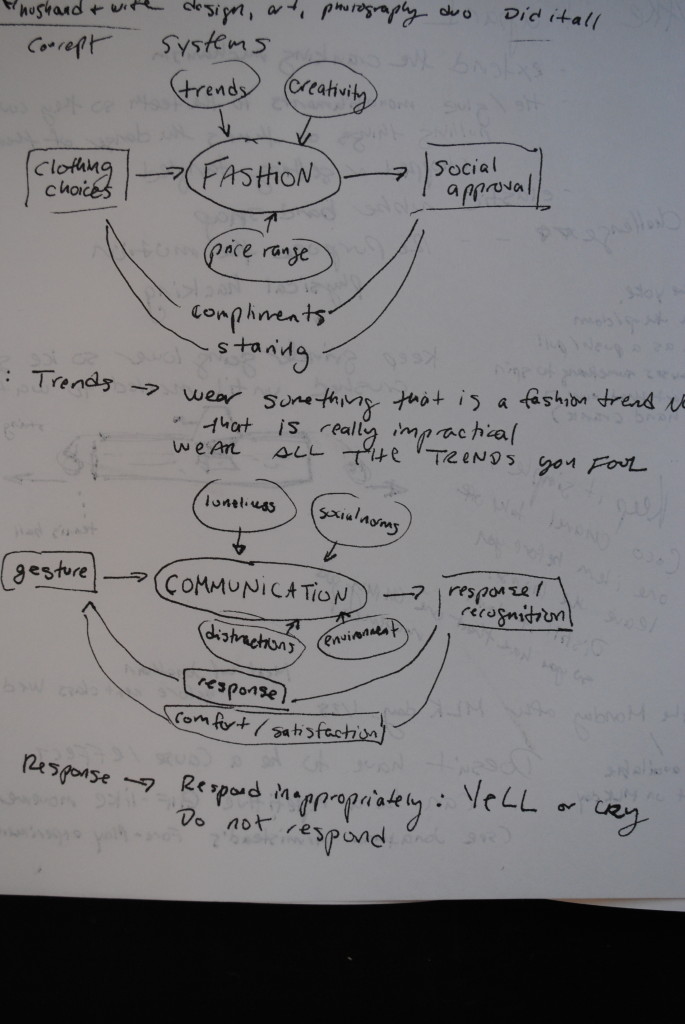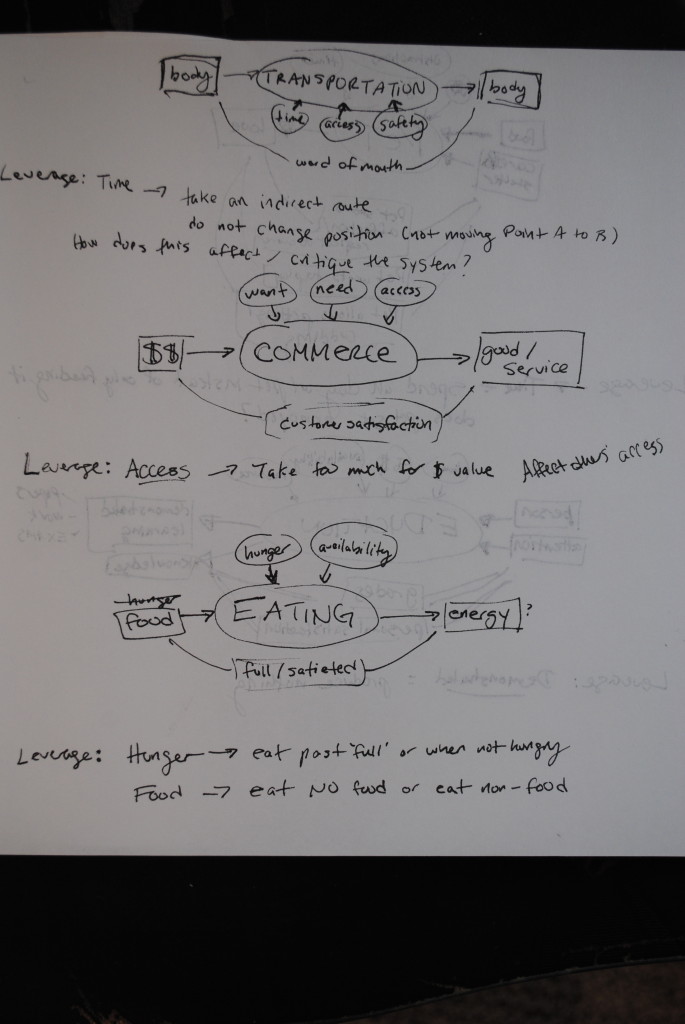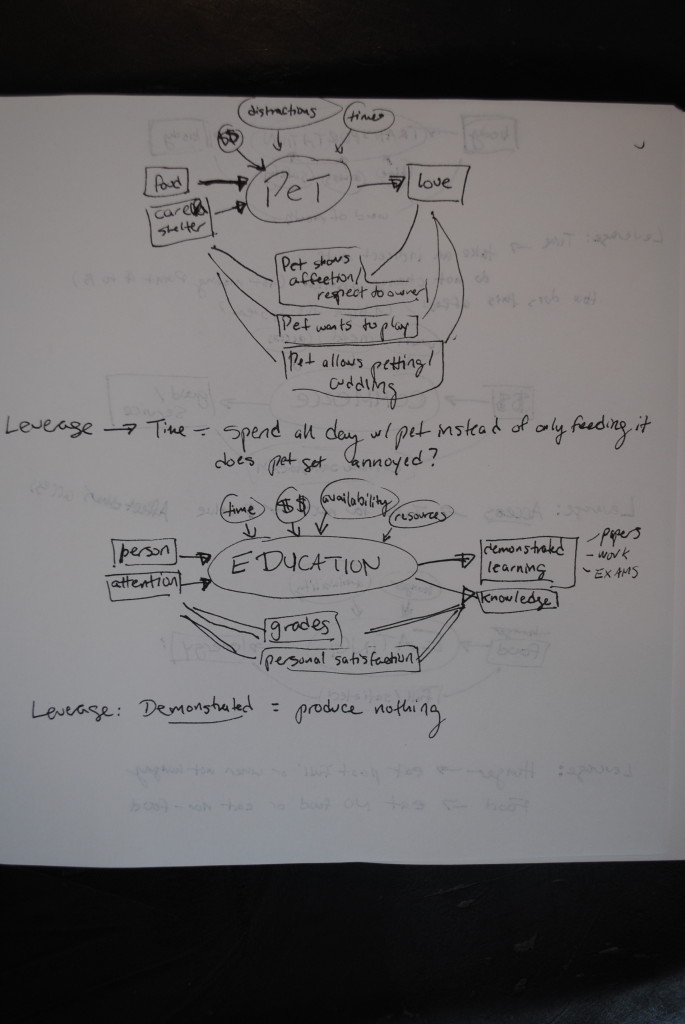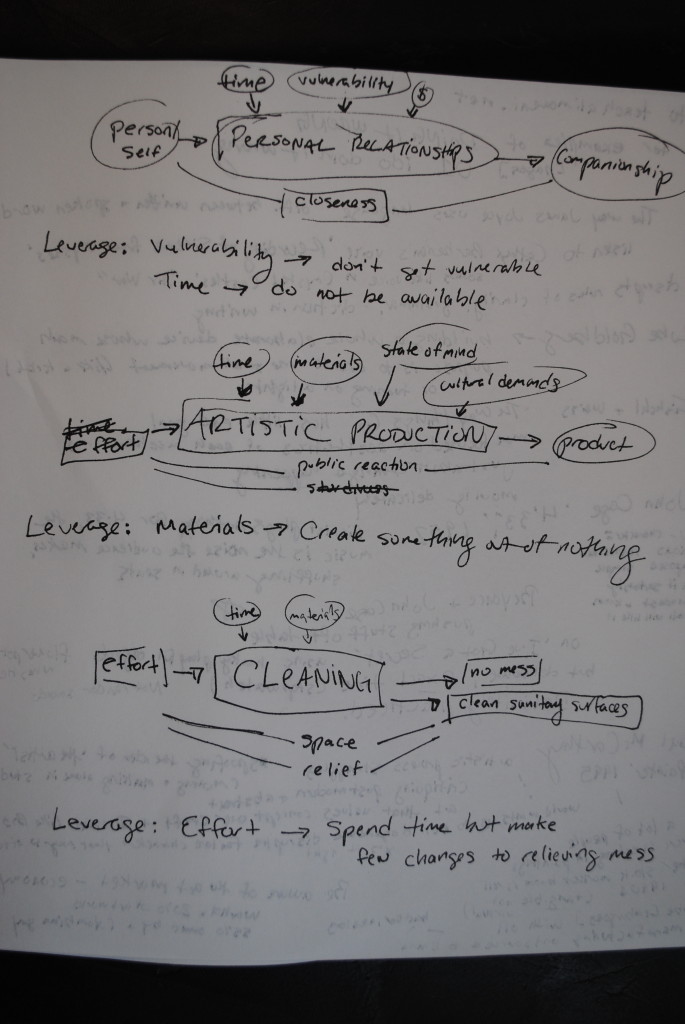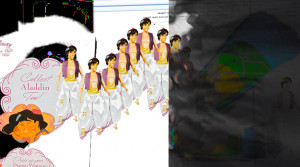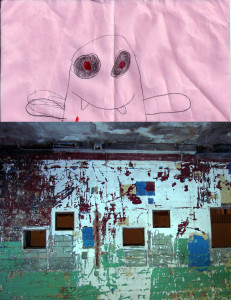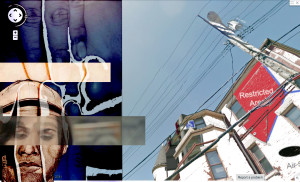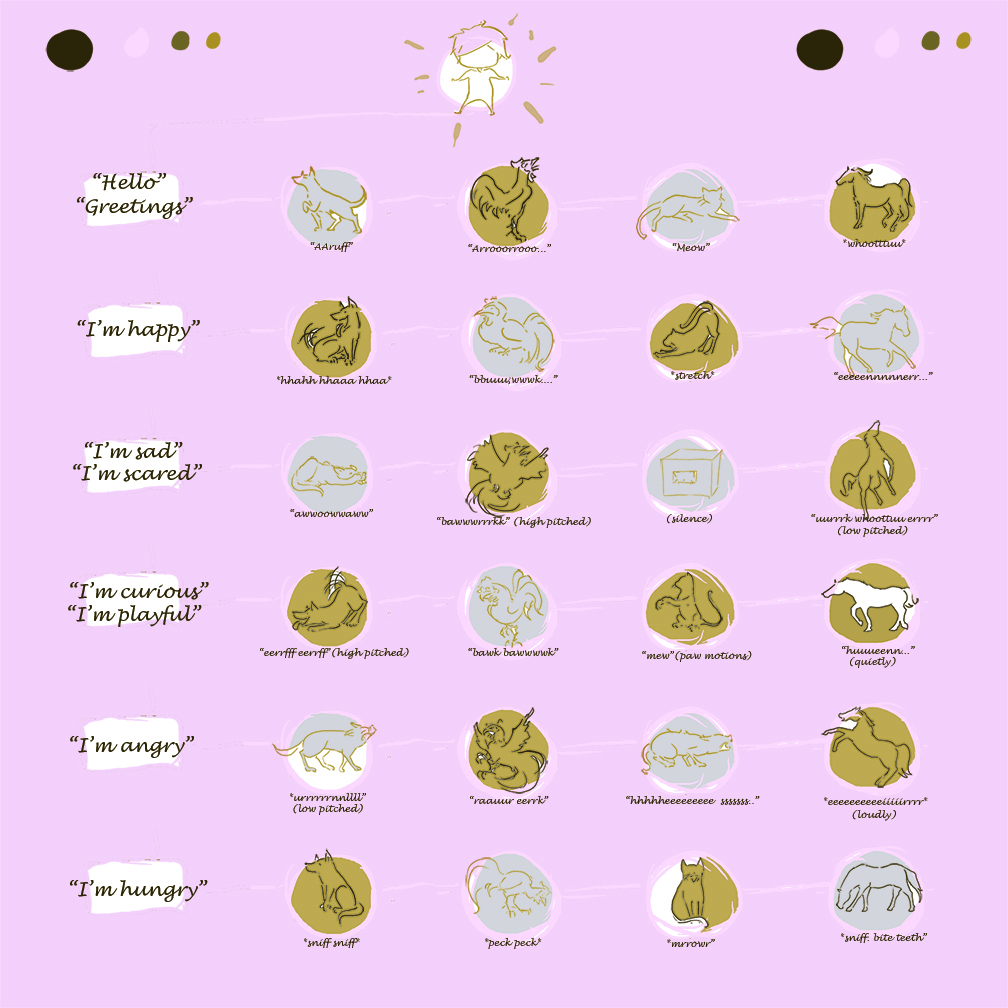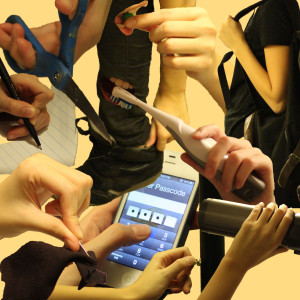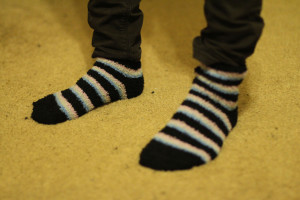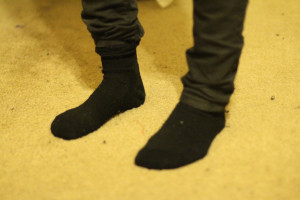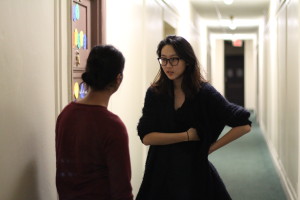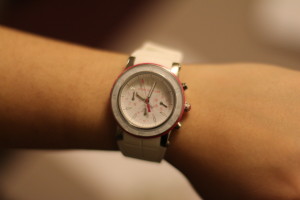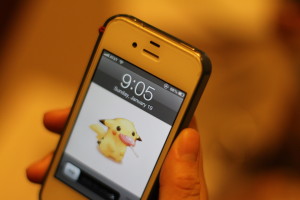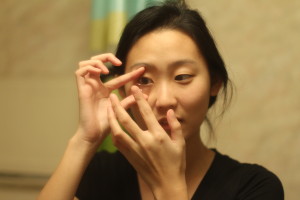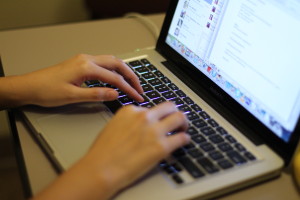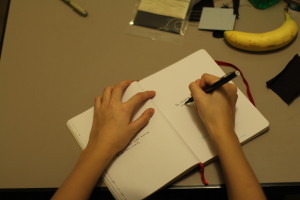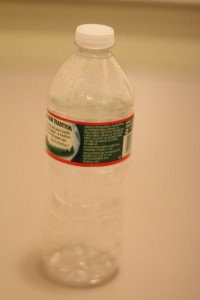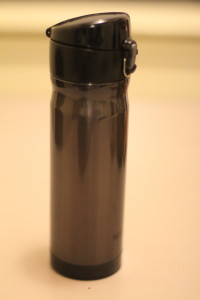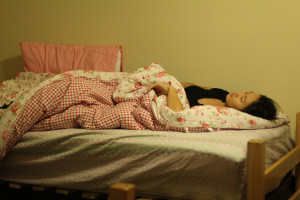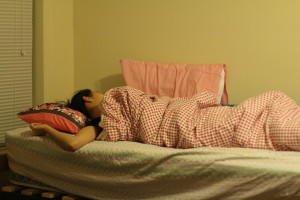Madalyn Gryger– Systems Thinking (2014)
The following are a few examples of systems I’ve put in place into my life, each aiming to achieve normalcy, order, and maybe even some ounce of control, and here’s how I did some of them wrong.
1. System: Dressing
Input: Need to be clothed
Output: Outfit
Feedback: Warmth
Doing it wrong: Perfect for a snowy cold day?
2. System: Eating
Input: Hunger
Output: Fullness
Feedback: Enjoyment/nutritional value
Doing it wrong: Nutritious dinner.
3. System: Exercise
Input: Desire to be fit
Output: fitness
Feedback: appearance, health
Doing it wrong: Exercise as a couch potato.
4. System: Studying
Input: Desire for good grades
Output: Grades
Feedback: GPA, scores, perceived success
Doing it wrong: These books won’t read themselves, nor will I.
5. System: Makeup
Input: Desire to be beautiful
Output: My second “face”
Feedback: Compliments, perceived beauty
Doing it wrong: #nofilter #no makeup
6. System: Work
Input: Desire for money
Output: Money
Feedback: Time, money
Doing it wrong: Don’t show up for work, win the “worst employee of the month” award
7. System: Art practice
Input: Passion for art
Output: artworks
Feedback: Self-satisfaction, quality, others’ remarks
Doing it wrong: One of my more conceptual pieces.
8. System: Human contact
Input: Desire for connectedness
Output: relationships
Feedback: Satisfaction
Doing it wrong: Don’t text back when I receive texts.
9. System: Dressing
Input: Desire to be beautiful
Output: Outfit
Feedback: Compliments, perceived beauty
Doing it wrong: I’ll turn plenty of heads in this shapeless men’s hoodie.
10. For the final system, I chose to analyze my sleep patterns. Like the majority of college students I consider myself quite a night owl; I can stay up until 5 AM with relative ease but if you ask me to wake up at 5 AM I’ll hit the snooze button for a few more hours. I chose to flip this system but taking an extreme view of a morning person, and tried out a new sleep schedule. I went to sleep at 7:30 PM with the help of my exhaustion and some natural sleep supplements, and set my alarm to wake me at 3:30 AM.
I thought that perhaps I would be able to get work done in the morning with a full 8 hours of sleep behind me (which I don’t usually achieve) but when I woke up I found that the number of hours made no difference to my feelings of rested-ness–I was just as tired as any other morning, but this morning I had 7 hours to kill before my first class. I ended up just sitting around for mot of the morning, and I even watched a movie over breakfast and my morning coffee but I was entirely unproductive. As the day progressed and I made it to the afternoon I had already had a full day and was entirely exhausted but unfortunately could not take a break from my daily responsibilities to nap. 22 hours after I had awoken in the morning I finally went back to sleep, and was able to resume my regular waking hour the next day.


